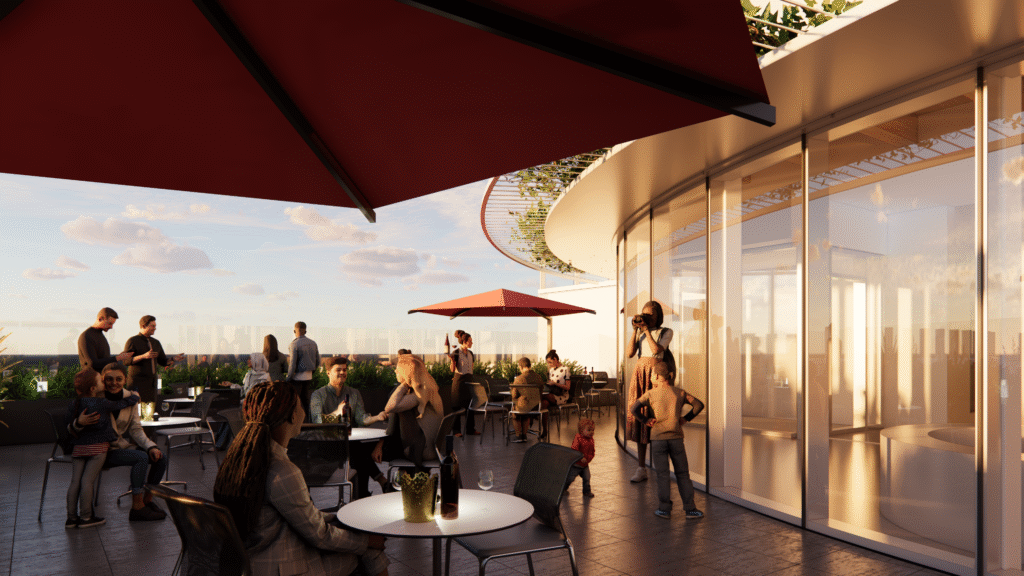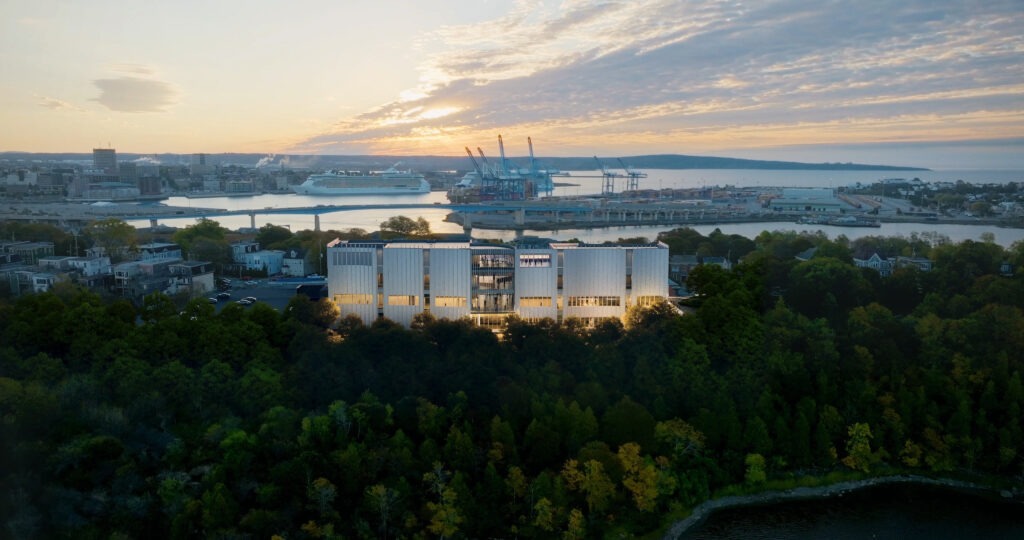Honoring the Land, Traditions, and Heritage of the Wabanaki Peoples—Past, Present, and Future
We respectfully acknowledge that New Brunswick is located on the unceded and unsurrendered territories of the Wolastoqey, Mi’gmaw, and Peskotomuhkati peoples. These lands have been home to Indigenous communities for generations, carrying their history, traditions, and deep connections to the natural world. The cultural richness and knowledge that these communities possess are woven into the very fabric of this land, and their ongoing relationship with the environment is a testament to resilience, stewardship, and a profound sense of belonging.
As we move forward, we recognize the importance of repairing and rebuilding meaningful relationships with Indigenous peoples. Through listening, learning, and collaboration, we strive to foster a space that respects and uplifts Indigenous voices, perspectives, and contributions. Our commitment to reconciliation is reflected in our efforts to integrate Indigenous knowledge and stories into our work, ensuring that Indigenous culture, history, and achievements are acknowledged and celebrated within our community.
We also honour the responsibility of caring for these lands, which hold the dreams and aspirations of future generations. By acknowledging the past and working toward a more inclusive future, we commit to strengthening our shared understanding and respect for the enduring presence and resilience of the Wabanaki peoples. As we engage in the work of preserving history and culture, we recognize that the journey toward reconciliation is ongoing. We aim to be partners in creating a future that reflects the dignity, rights, and contributions of Indigenous peoples, ensuring that their voices continue to shape the future of New Brunswick.
This acknowledgment is just one step in the process, but it is our hope that it serves as a foundation for ongoing dialogue and action. We are committed to fostering a more inclusive environment in which all peoples are respected, valued, and empowered. It is only through collaboration, mutual respect, and a shared commitment to justice that we can create a future where all members of our community, Indigenous and non-Indigenous alike, can thrive.



